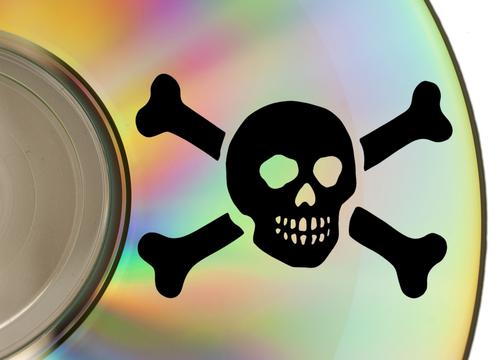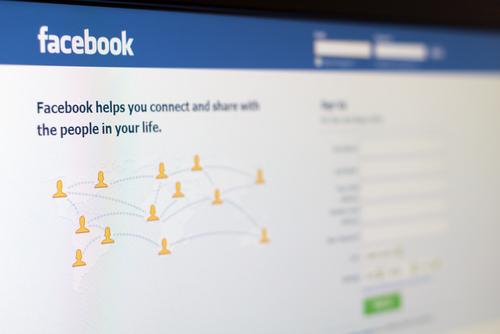Orion Jones
Managing Editor
Get smarter, faster, for success in the knowledge economy. Like us on https://t.co/6ZFWKpoKLi or visit https://t.co/d7r7dG2XOq
Researchers found that men who drank vodka cranberries performed better on standard creativity tests than those who didn’t. If you want to think differently, getting tipsy might help.
Using light to activate specific proteins in the brain which recall memories, scientists have found that just a few cells in the hippocampus can contain rich and powerful memories.
Microsoft co-founder Paul Allen has committed $300 million to the Allen Institute for Brain Science, doubling its staff of scientists, to map the brain’s basic circuitry of perception.
Combining patient health records with user symptoms and demographic data, a new online data crunching project wants to help offer quick and accurate medical advice to those in need.
Because cancerous cells are worse at defending against viruses than healthy cells, medical scientists across the country are working to modify viruses to specifically target cancer.
Using commercial semiconductor technology, scientists have found a more accurate way to measure nanopores, which may allow for far cheaper DNA sequencing in the years ahead.
New research suggests that abnormally quick prenatal brain growth is a biological marker of autism. Scientists have traced the growth back to gene expression, suggesting possible treatments.
The amount of medical information we have is doubling every five years. By using advanced computers like Watson, doctors can process that data into clinical cancer treatments.
A survey of over 1,200 European business executives yielded five general personality types which differ according to their role in the innovation process. Which do you best fit?
You can use the same method that generated the idea for Twitter to create a new idea for your business. It just takes a little brainstorming and a few important ground rules.
While working at a start up may have more cultural caché, getting a job at a corporation provides opportunities for leadership and innovation that are already scaled.
A series of studies suggest that cognitive and cultural diversity within a group of entrepreneurs is more successful than a monoculture of aggressive intelligence.
In a new book, author Vijay Vaitheeswaran argues that innovation will occur differently than in the past. We need to harness the power of democratizing Internet technologies, he says.
We were promised Jetsons-style helpers but all we have is a big hockey puck that vacuums hardwood floors. Will inventors ever create great humanoid robots? If they do, will we accept them?
European scientists have taken the first steps toward creating a 3D artificial brain by growing synapses and instigating electric impulses. The goal is to better understand neurological disease.
Friction, or red tape, is the barrier to solving many problems like waiting ages in line to buy something, but also voter turnout and obesity rates. Luckily, technology is good at reducing friction.
Though University of California, Riverside, researchers were not looking for a correlation between Twitter talk and stock performance, they found it. Now what will they do?
A new high-tech camera uses bursts of laser light to know, and then create 3D images of, objects that are outside the line of sight of normal cameras. A host of practical applications await.
Elon Musk, CEO of SpaceX, says that commercial flights could begin flying to Mars in thirty years time. In forty years, many people could afford to buy a ticket, using some savings, of course.
An old astronomy technique is being revamped thanks to the recent discovery of so many new planets near our solar system, giving us an idea if there is life on the planet by looking at its moon.
A new computer simulation out of the Sandia National Laboratories in Albuquerque, New Mexico, suggests that more energy can be taken from a system that is initially put in.
The Search for Extraterrestrial Intelligence, or SETI, is turning to individual citizen-scientists to help fine-tune its complex algorithms that search for patterns in noise received from space.
New scientific manuscripts, political thoughts and love letters written by Einstein have been made public by the Hebrew University of Jerusalem, which the physicist helped to found.
Would-be philosopher and founder of LinkedIn, Reid Hoffman realized at a young age that other people give meaning to life. He took up studying software and rest, as they say, is history.
The world’s most outspoken peer-to-peer file host, the Pirate Bay, says to avoid being shutdown by Hollywood, it will host servers on drones floating above international waters.
The Internet will surely revolutionize tomorrow’s jobs, right? While the information revolution has given us better technology, essential human qualities like patience will remain, well, essential.
Thanks to the Internet, universities no longer hold a monopoly on information, says the Open Course Ware Consortium, which is working to make more college courses available for free.
A new psychological paper draws the first direct correlations between Facebook use and narcissistic tendencies including grandiose exhibitionism and entitlement/exploitativeness.
Political ideologies on the left and the right get confused when it comes to enacting urbanization policies, unfortunately, to the detriment of those who live in the city and suburbs.
Cash and coins account for only three percent of the Swedish economy, about half that of the US and Britain. Some predict that cash will disappear from Sweden in as little as 20 years.





























